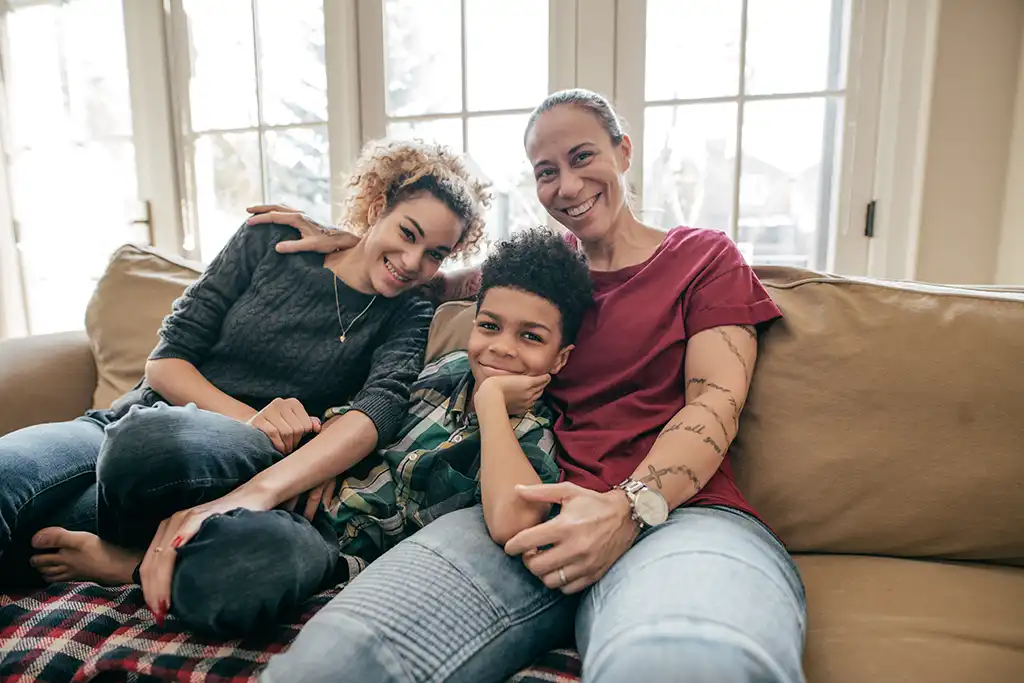In 1995, based on the success of HOMEBUILDERS®, the Washington State Legislature created and funded a new, less intensive service called Family Preservation Services (FPS). FPS provides, on average, once weekly contact in the client's own home and in the community. Each family served receives approximately 30 hours of direct service.
Population Served
FPS serves families in which 1 or more children are at risk of being placed in state-funded foster or group care. The service is voluntary and free to participating families.
Story
James and Chara's* children had been in both foster care and living with relatives for several years. Both parents had a history of drug use that had contributed to the children being removed from their home. After completing treatment and recommended parenting classes, they were allowed overnight visits with the children. After several successful visits, the family was referred to IFD for Family Preservation Services (FPS) for support to implement the family's reunification plan.
Chara and James were both working full-time when the children were returned to the home. They were experiencing increased stress with the change in their schedules and increased responsibilities. They struggled to meet all of their goals: successful reunification with their children, retaining employment, and staying clean and sober. In addition, their oldest child was experiencing behavior problems at home and in school.
The FPS therapist first worked to build trust with the parents by listening to, validating, and supporting their family's goals. The therapist helped them learn new parenting and problem-solving strategies, and worked with them on relapse prevention and life management skills. Together, they worked with the children's school to reduce behavior problems and increase academic success.
Chara and James were very committed to learning new skills that would ensure their family safely remained together. They were successful in their reunification with their children and continue to support the healthy development of their children and family.
*Client names have been changed to protect their identity.
